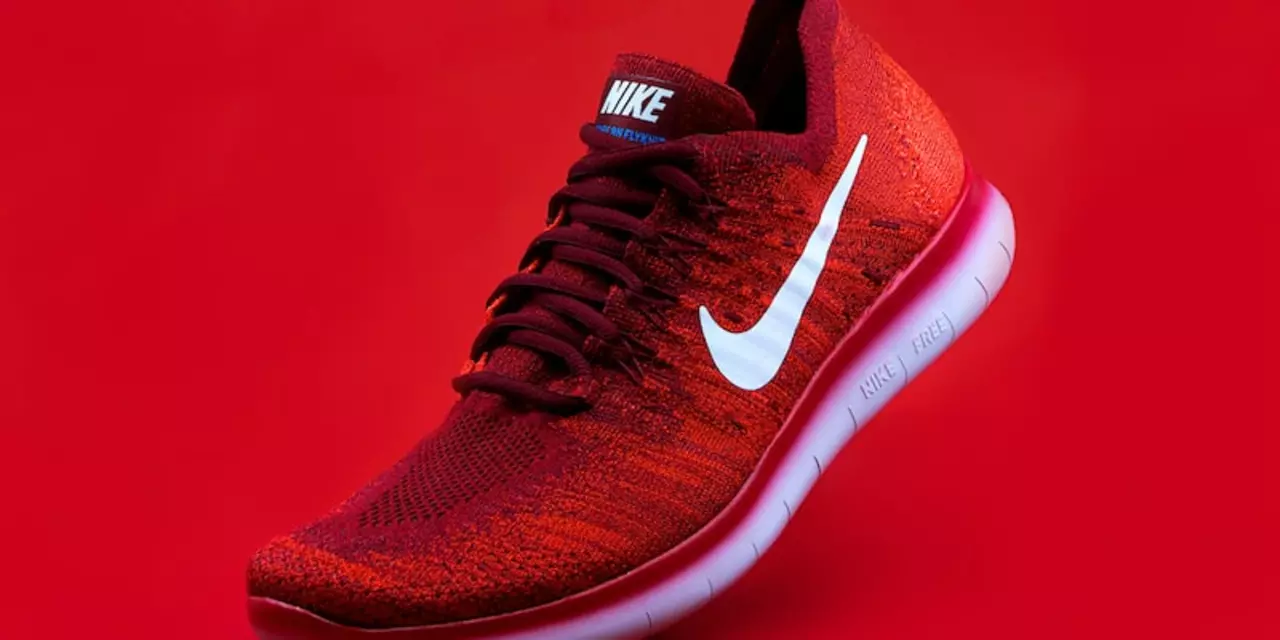Performance Tips to Boost Your Soccer Game
Want to play faster, stronger, and smarter? Good performance isn’t magic – it’s a mix of the right training, proper fuel, and a focused mind. Below you’ll find straightforward advice you can start using today, no matter if you’re a weekend warrior or chasing a pro contract.
Training Essentials
The first step is to train the movements you use on the pitch. Sprint repeats, cone drills, and quick‑change‑direction exercises sharpen your acceleration and agility. Aim for three high‑intensity sessions a week, each lasting 20‑30 minutes, and keep the rest periods short to mimic game pressure.
Strength matters too. Simple body‑weight moves – squats, lunges, push‑ups, and planks – build the core stability that keeps you balanced when you’re tackled. Add a few weighted exercises (deadlifts or kettlebell swings) once you’re comfortable, and you’ll notice more power in every strike.
Don’t forget ball work. Controlled dribbling in tight spaces forces you to use both feet, while passing drills under time limits improve decision‑making. Set a timer for 5 minutes, bounce the ball between two cones, and try to increase the number of touches each round.
Mindset and Recovery
Physical work is only half the story. Your brain decides when to push, when to hold back, and how to react to opponents. Spend a few minutes before every training or match visualizing successful plays – picture a perfect pass, a clean tackle, a powerful shot. This mental rehearsal sharpens focus and reduces nerves.
Sleep is the secret weapon most players ignore. Aim for 7‑9 hours of uninterrupted rest; your muscles repair and your brain consolidates tactics while you snooze. If you struggle to fall asleep, limit screens an hour before bed and keep the room cool and dark.
Nutrition fuels performance. Eat a balanced plate with carbs, protein, and veggies a few hours before you play. After training, grab a snack that mixes carbs and protein – a banana with peanut butter or a yoghurt smoothie – to kick‑start recovery.
Hydration matters more than you think. Even a small loss of fluid can slow reaction time. Carry a water bottle and sip regularly, especially in warm weather or during intense drills.
Finally, track your progress. Write down sprint times, distance covered, and how you felt after each session. Seeing numbers improve over weeks keeps motivation high and highlights areas that still need work.
Performance isn’t a single trick; it’s a habit of training smarter, eating right, resting well, and staying mentally sharp. Try one tip this week, add another next week, and watch your game rise step by step.
